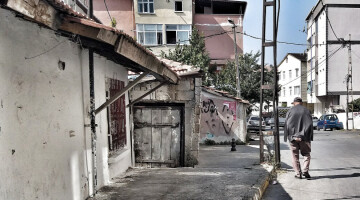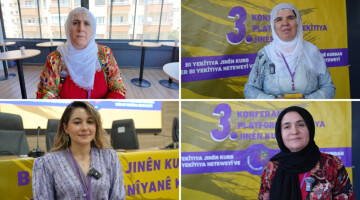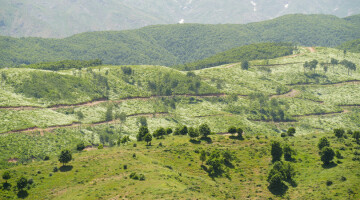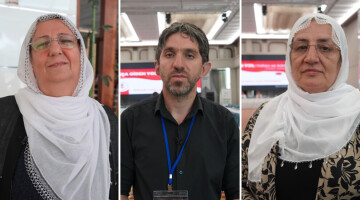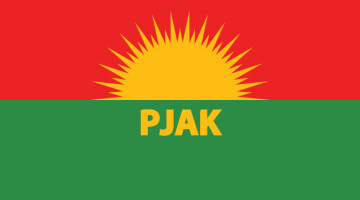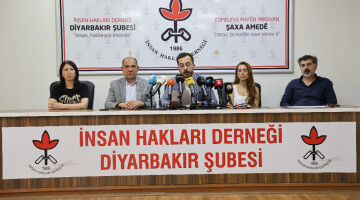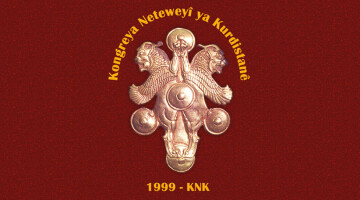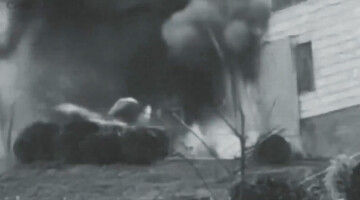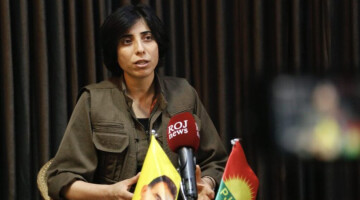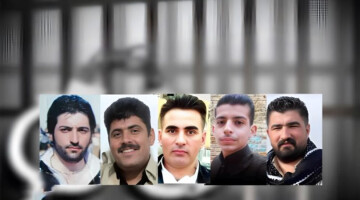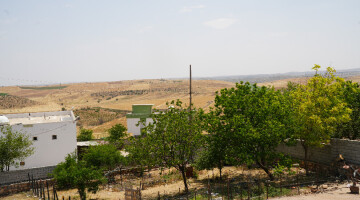After the body of Aysel Doğan was prevented from leaving her birthplace in Dersim, the Kurdish politician who recently died as a result of severe cancer in exile in Germany was buried, but under a police blockade. Only first-degree relatives were allowed access to the cemetery in Pülümür district. The mourners, consisting of several hundred people, were not allowed to enter the resting place, which was surrounded by numerous armored vehicles.
Following the violent attacks by the police against the mourners, who staged a sit-in on the Seyidli Bridge in the Mazgirt district in response to the convoy's refusal to pass through to Doğan's birthplace, the same scenes took place outside the entrance to the cemetery. But earlier, HDP deputies Ebru Günay and Ömer Öcalan had driven to the Gazik neighborhood with other mourners. Since the police would not negotiate with them, making it impossible for Aysel Doğan to leave the house where she was born in accordance with Alevi tradition, they wanted to say a prayer of blessing together with her sister Mensure Doğan at the deceased's parental home.
It was emotional scenes that took place. Mensure Doğan described the Turkish police's treatment of her sister's body and the mourners as "inhuman disrespect". Ebru Günay, who had received the coffin at the airport in Amed (Diyarbakır) in the morning and accompanied it to Dersim, added: "We have known this mentality towards the people of Dersim since 1938." In that year, the Turkish state carried out a genocide in the Alevi Kurdish resistance province. Some 70,000 to 80,000 people were killed.
At the same time, police had already surrounded the cemetery in Pülümür. To stop the protest there and disperse the crowd, security forces again used water cannons and tear gas shells against the mourners. Journalist Ozan Yıldırım collapsed and was taken to a hospital. Other people were lightly injured. In the midst of the chaotic conditions, police unceremoniously dragged off the hearse carrying Aysel Doğan's coffin. The vehicle was escorted to the cemetery via another entrance, accompanied by several armored cars. Only family members were allowed to attend the funeral. The Turkish state wages war even against dead Kurds.

